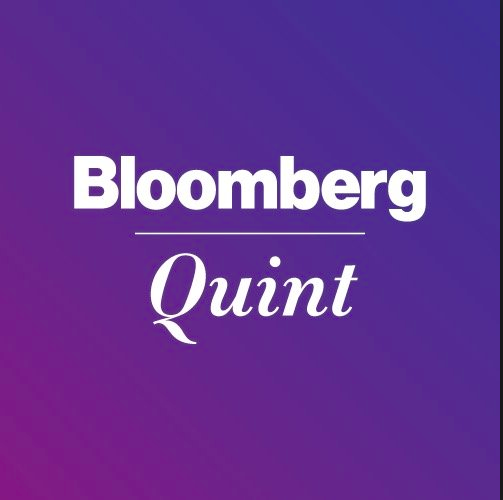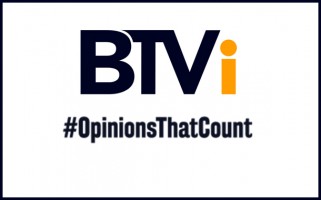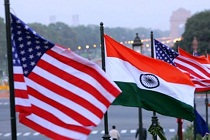Why The ‘2+2 Meet’ Was Rescheduled
Ambassador Neelam Deo, Director, Gateway House, was interviewed by BloombergQuint reacting to the news of postponed India-U.S. 2+2 talks between the Ministers of Defense and External Affairs. Watch the interview and read the accompanying article, here.








